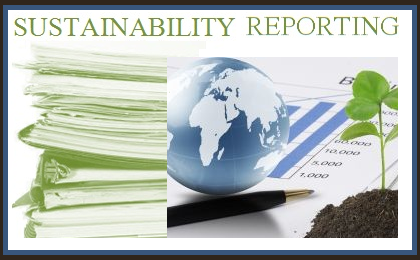SEBI has made market cap as the guiding parameter for its new business responsibility and sustainability reporting standards and has increased mandatory reporting from top 100 to top 1,000 listed firms. The extended public consultation on it closed on October 18, 2020.
While extending the number of companies for mandatorily submitting the business responsibility and sustainability report is a welcome leap, the larger question is whether turnover or market cap is a better option to ensure better compliance. With stock markets exposed to wild swings in recent years the number of companies that could fall in and out of this ambit may fluctuate wildly. The question is – Will this affect the seriousness of companies to comply.
The parameter that the ministry of corporate affairs adopted, for complying to its CSR norms six years ago, was average annual turnover or profits for a period of time. This parameter appears to be relatively more stable and administrable than market cap. Also, several companies with smaller turnover have higher market cap than many large companies. Several large companies with more than Rs. 1,000 crore turnover are currently listed as penny stocks.
With escalating pressure of climate crisis and India’s ability to meet the UN Sustainability Development Goals in question, SEBI today has a big opportunity to expand the canvas of sustainability reporting much wider. For example, if Rs. 100 crore annual turnover is made a parameter, nearly 15,000 listed companies could come within the ambit. This could create a revolution of sorts in how sustainably companies run their business in India.
The argument that India does not yet have the capability to support such massive reporting infrastructure is flimsy. Infrastructure is known to scale itself up if the demand for it is in sight.
One hopes that the consultation process between SEBI and the public has elicited game-changing ideas rather than a few incremental tweaks.
It’s also high time India has its own sustainability index. Sustainability index offers better reference points for investors to gauge their ESG (environmental, social and governance) credentials than how well companies have reported on their business responsibility performance. These reports, even if made accessible, are difficult for most investors to comprehend.










